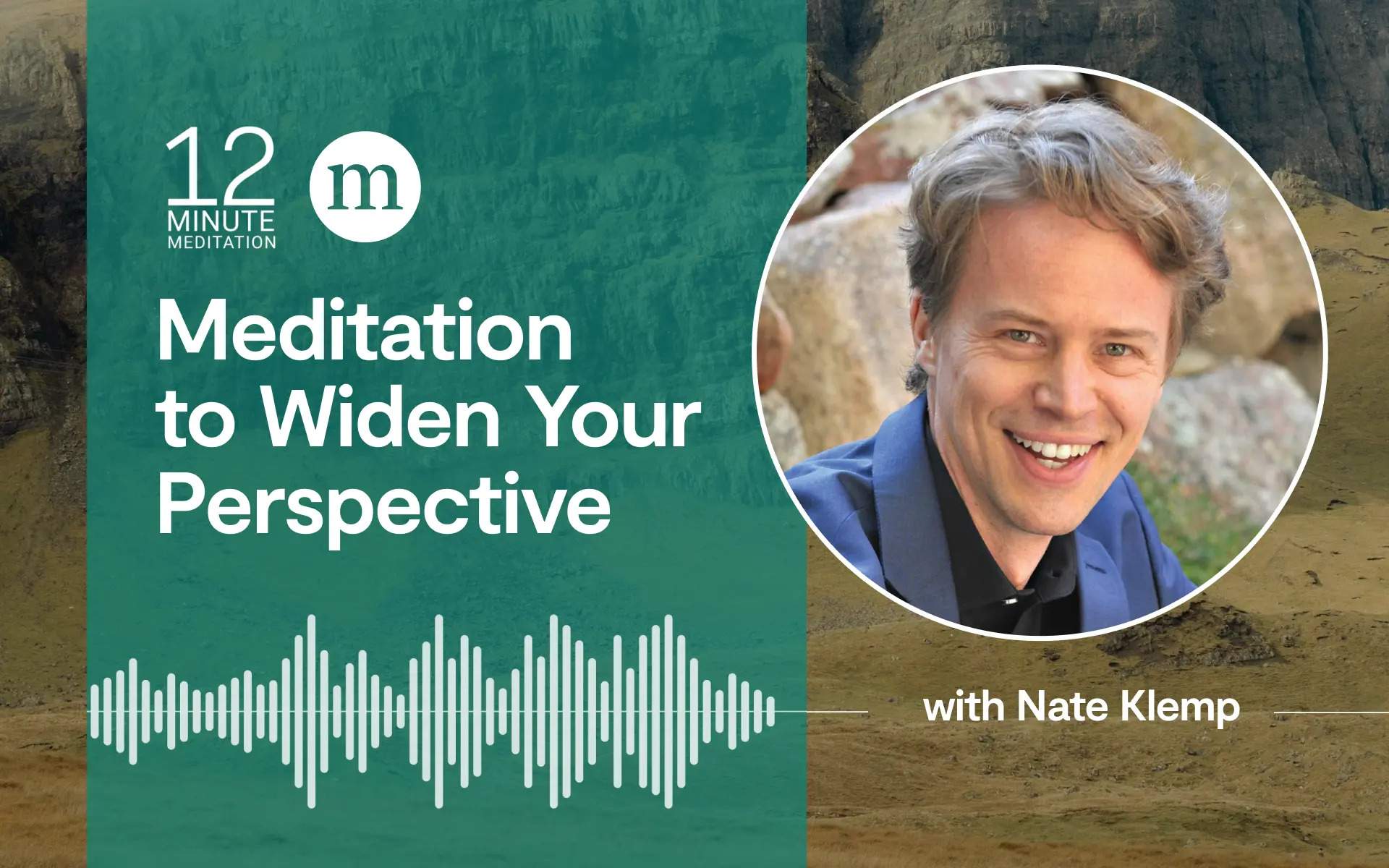My mother, like so many mothers, must have gone crazy from hearing the refrain over and over and over again:
“Mom, I’m bored.”
My oldest brother, helping our dad in our vegetable garden, asked after about five minutes, “Dad, do you still have to keep working after you’re bored?” My dad found this particularly amusing, since he was an HR manager who dealt with adults struggling with the same question.
Boredom was for me a state truly to be loathed, brought on by sitting in classes that dragged on with teachers who droned on. But it was generated equally by lazy summer days we had pined for but couldn’t seem to fill with enough entertainments. Why couldn’t life be a perpetual Disneyland?
As time went on, boredom seeped into relationships—it kicked in once you got past the early flush of excitement. It also became a signal feature at my early jobs. When I bagged groceries at the A&P (a once-august grocery chain that died a long, slow death), we had a three-foot-high clock on the wall, and I used to watch the minute hand just crawl, while I wanted to crawl out of my own skin.
Boredom was the enemy. Do anything to avoid boredom, no matter how unhealthy.
Imagine my surprise, and disappointment, when boredom turned out to be a central feature in mindfulness meditation.
So imagine my surprise, and disappointment, when boredom turned out to be a central feature in mindfulness meditation. Noticing your breath repeatedly is hardly an exciting project to do for hours or tell your friends about. Worse, if you cooked up some entertainment for yourself—like thinking about what you were going to do as soon as you could get out of the room—you simply got bored with that after a while. The whole thing was just so, well, boring!
Honestly, the boredom I encountered minute after minute and hour after hour was almost enough to make me throw in the towel, but what kept me there was an underlying feeling of well-being that would pop up occasionally as I sat there doing absolutely nothing engaging or productive. Could it be that a simple feeling of well-being is the baseline running underneath the entertainments and the boredom?
Because the taste of that little carrot of well-being kept me there, I made a personal study of the boredom. I got a little help when I started kyudo, Japanese contemplative archery, where for a very long time in your training, you put little to no focus on the target, just like in meditation: It’s the process, not the product. One of my archery teachers pointed out, “Once this starts getting boring, that’s when it starts getting interesting.” OK, so that’s a paradox that landed with me: Boring is interesting.
What he was pointing to was something I was starting to discover in meditation: Boredom is an active struggle to first compare where I am with somewhere else—perhaps anywhere else—and then decide I don’t want to be where I am. It’s not a state; it’s an activity. It’s something I’m doing with my mind. I’m deciding that this is not for me and I need to get out of here.
With meditation, as we sit through the layers of boredom, we can begin to exhaust this eagerness to compare, to jump from where we are to somewhere else, to fill up every moment with something. The boredom transforms at that point from struggle to relief at how possible it is to be simple and self-sufficient mentally. We are where we are and that’s just fine.
In an age of smartphone addiction, where dopamine hits await us at every turn, a practice that cultivates the ability to patiently, simply be where we are is a great tool. I can see that big clock on the A&P wall in my mind’s eye now. Go ahead, crawl. See if I care.








